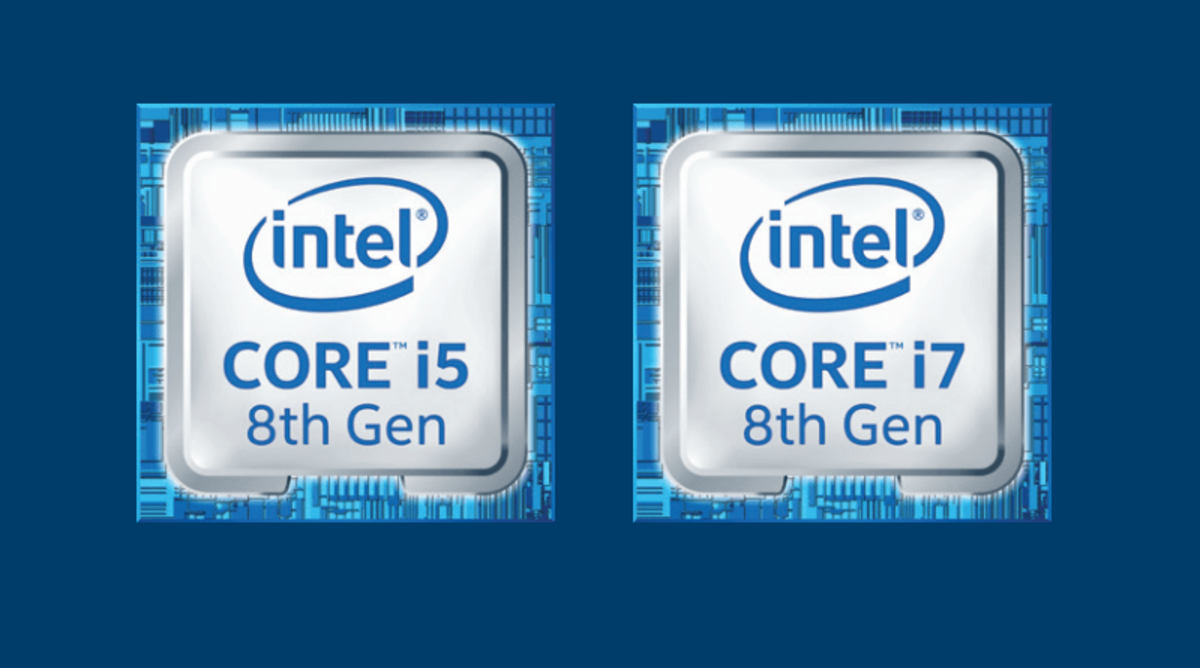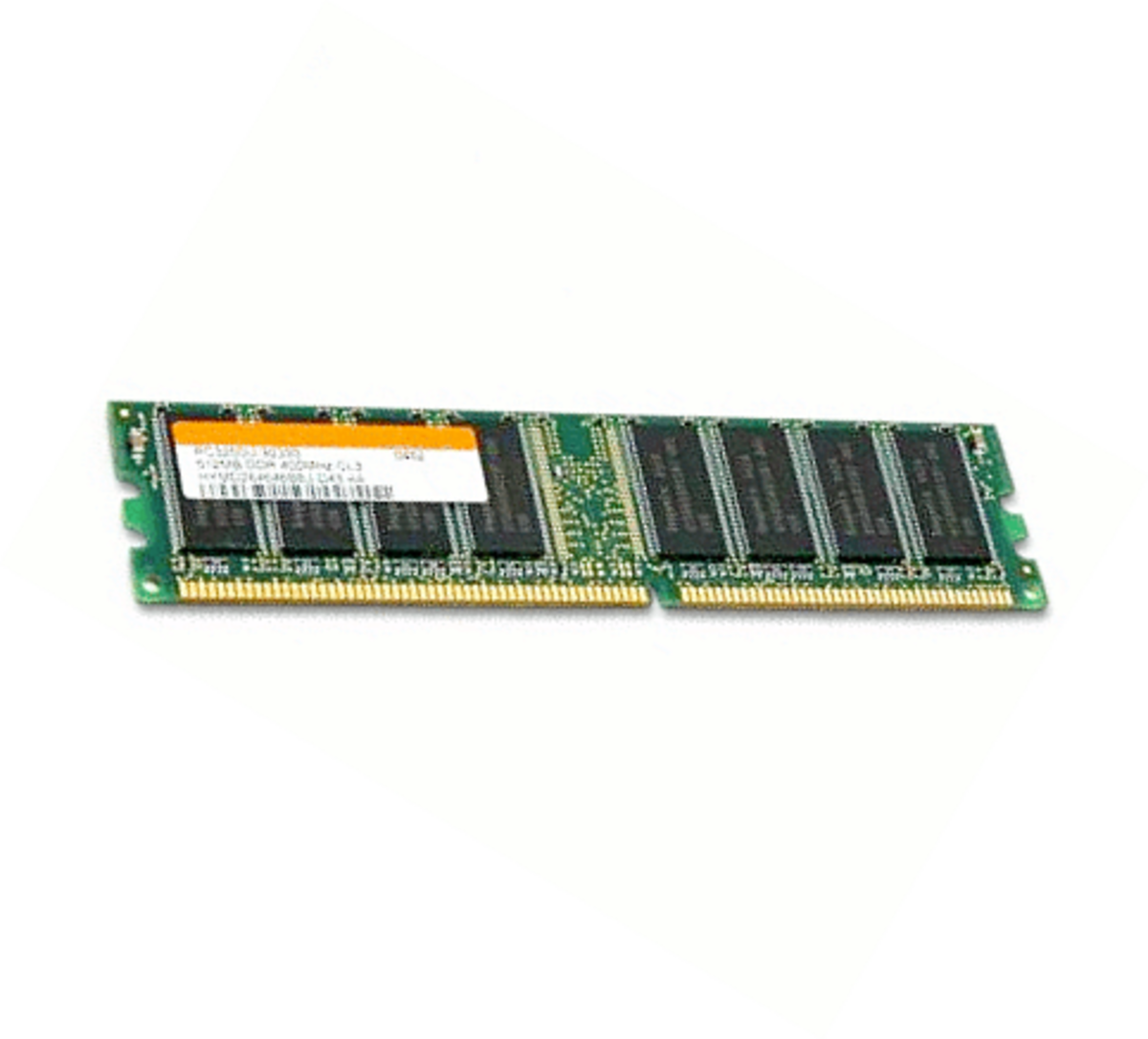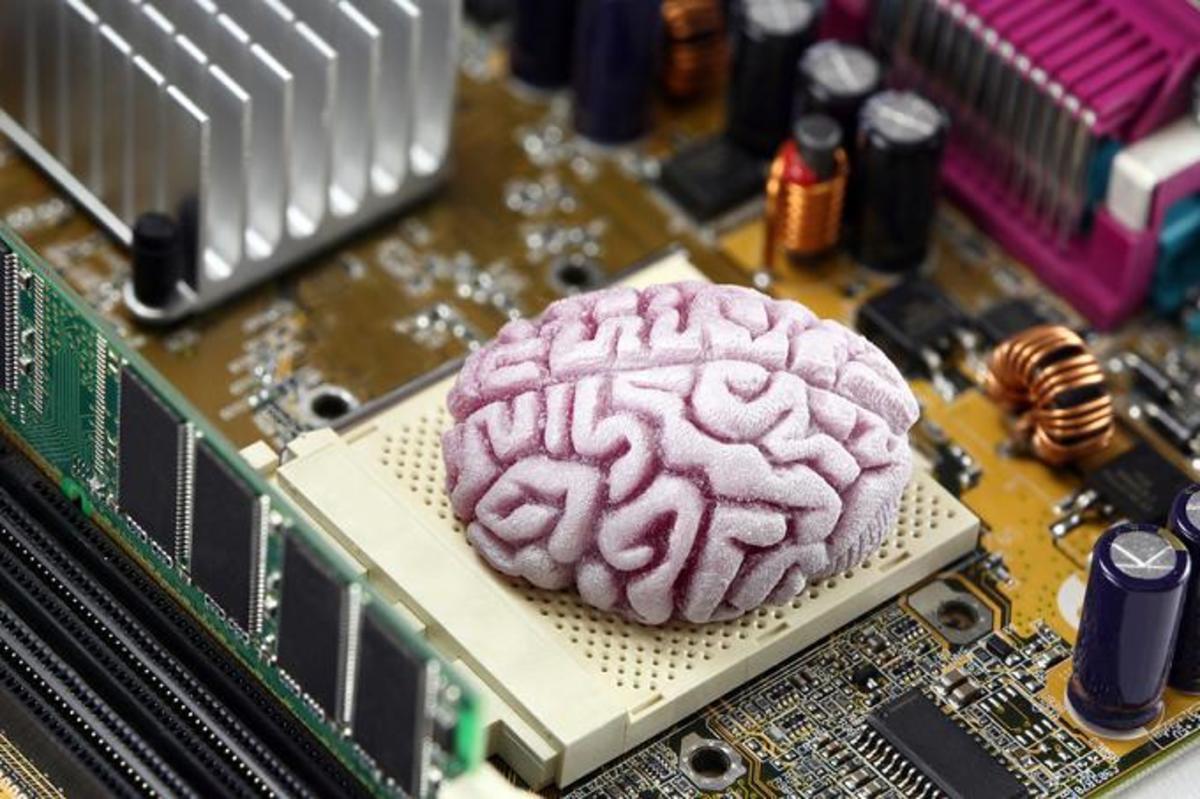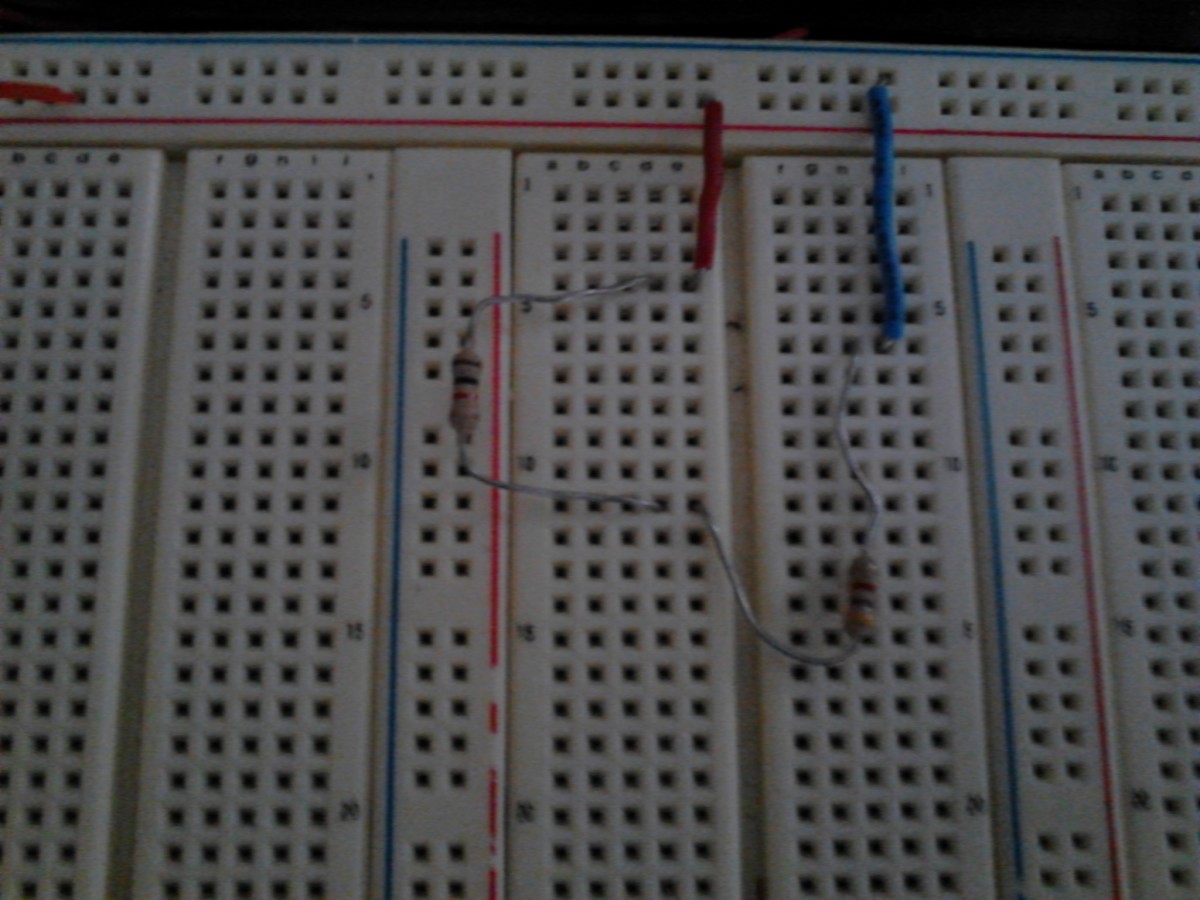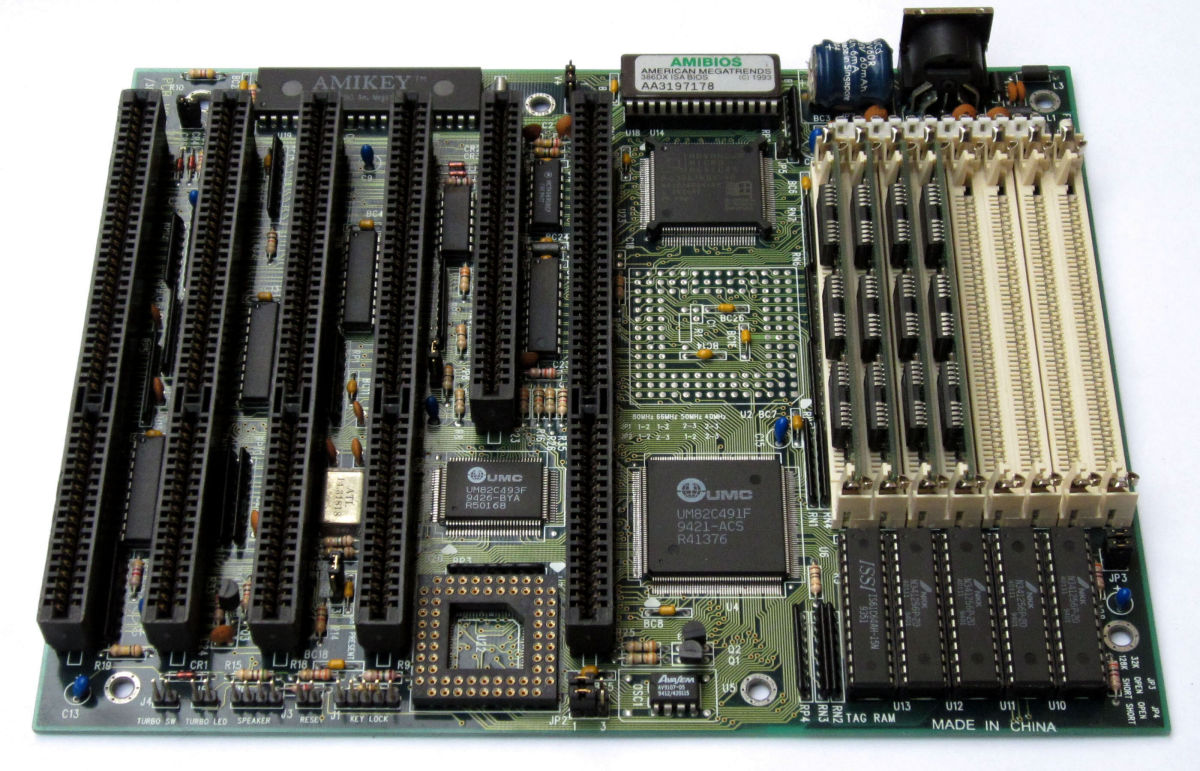- HubPages»
- Technology»
- Computers & Software»
- Computer Hardware
What is a computer processor?
The Computer Processor Defined
The processor is like the human brain. The brain dictates what the computer must do or not do. In essence, the computer processor is tasked with the harmonizing the processes inside the computer. It determines which tasks should be given priority and delivers what the computer user needs. The speed by which these tasks are accomplished depends on the computer processor’s speed.
Computer Processor
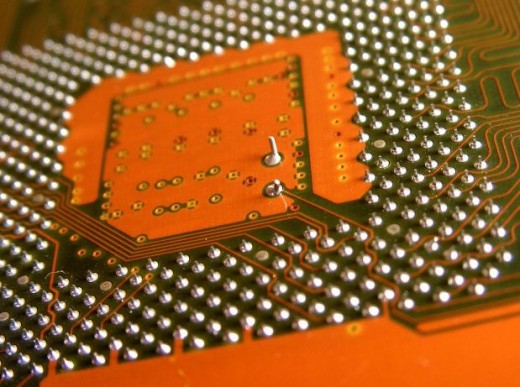
Computer Processor Speed
As technology progresses, computer processors increase in speed. Speed is measured in terms of Megahertz or MHz. One MHz is 1 million computer instructions per second or normally expressed as cycles per second. If your computer processor has a speed of 1000 MHz, this means that your computer is running at 10,000,000 cycles per second. A lot of tasks to do in 1 second. Now, many computer processors are in terms of Gigahertz (GHz), which means 1,000 MHz.
What are the Major Computer Processors in the Market?
There are 3 major manufacturers of computer processors at this time. These are Intel Pentium, AMD Athlon, and Intel Celeron. These processors come in different versions and their speeds, as well as heat tolerance, vary. The faster the processor, the greater amount of heat it generates. This is a great challenge to manufacturers as being better able to manage the heat generated by the computer processors also means better performance.
The contending parties in terms of market share are Intel and AMD. Intel is a veteran in computer processor manufacturing but AMD is keeping up and may at this point compare and even surpass the more popular Intel computer processors.
Multi-Core Computer Processors
Computer processors used to have only one core. Now, they are available as dual core, triple core, or quad core. Dual core is equivalent two running two computer processor units, triple core is equivalent to three computer processor units, and quad core is similar to running four computer processor units. In the future, there may be more cores in the computer processor to achieve greater speed and do a multitude of tasks.

